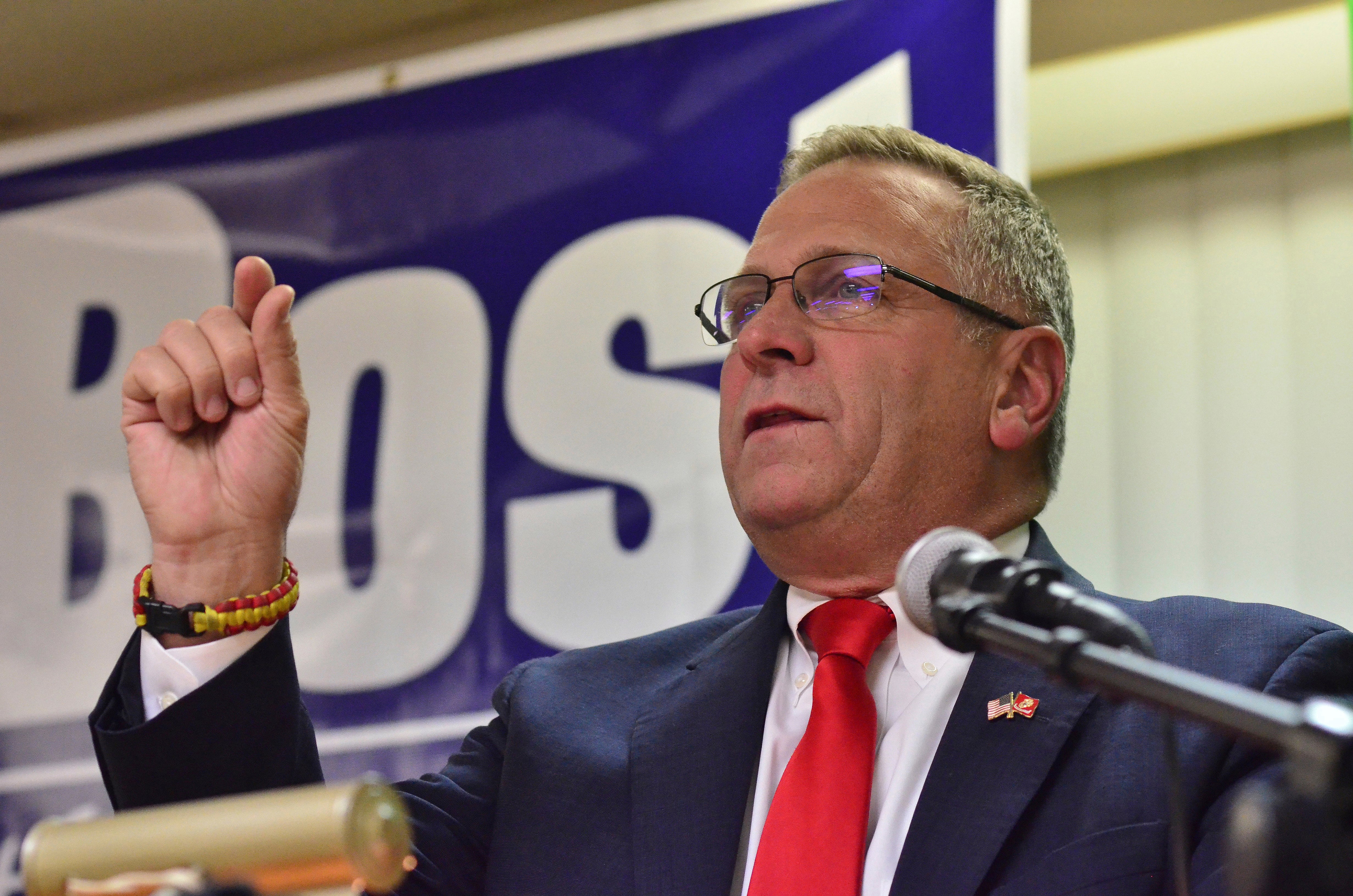Veterans’ mistrust or misunderstanding of federal assistance programs may be cheating them out of tens of millions of dollars in benefits, Veterans Affairs Secretary Denis McDonough warned on Thursday.
In remarks during the War Horse Symposium on military and veteran reporting issues, McDonough said only a small fraction — about 10% — of individuals potentially eligible for new benefits under toxic exposure legislation approved last year have filed claims.
He said he hopes to see that number increase significantly in coming months, but knows there are obstacles in the way.
“There’s just a general lack of trust issue in VA,” he said. “It’s not everybody, and the trust numbers are getting better. … But we have to get through the trust issue.”
RELATED

McDonough and other top VA officials have repeatedly advocated for veterans to screen for potential military toxic exposure injuries and inquire about potential financial benefits in response to last summer’s passage of the Promise to Address Comprehensive Toxics Act, better known as the PACT Act.
The legislation provides for presumptive benefit status for 12 types of cancer and 12 other respiratory illnesses linked to burn pit exposure in the Gulf War, the War in Afghanistan and the War in Iraq; hypertension and monoclonal gammopathy of undetermined significance (MGUS) for veterans who served in Vietnam; and radiation-related illnesses for veterans who served in several new locations in the 1960s and early 1970s.
RELATED

More than 400,000 individuals have applied for disability benefits through the legislation in recent months. But VA officials said as many as 5 million individuals may eligible under the legislation.
McDonough said that discrepancy points to the need for even more outreach and advocacy by his department.
“There are still a lot of vets who are unaware, and that means we have to get out there more aggressively,” he said.
“There are 19 million vets in the country. We want to reach all of them.”
Information on PACT Act benefits is available through the VA web site. In addition, veterans who visit VA health care facilities are being screened for potential toxic exposure issues during routine health care visits and can receive information from local staff on how to apply for benefits.
Leo covers Congress, Veterans Affairs and the White House for Military Times. He has covered Washington, D.C. since 2004, focusing on military personnel and veterans policies. His work has earned numerous honors, including a 2009 Polk award, a 2010 National Headliner Award, the IAVA Leadership in Journalism award and the VFW News Media award.





